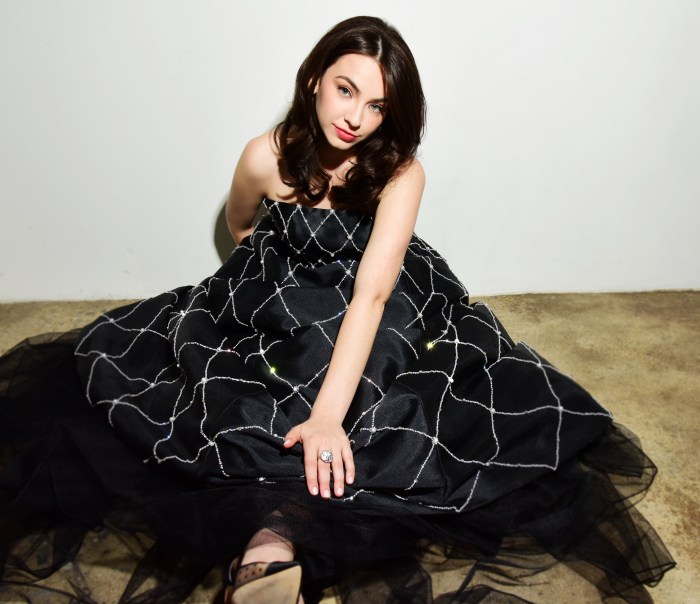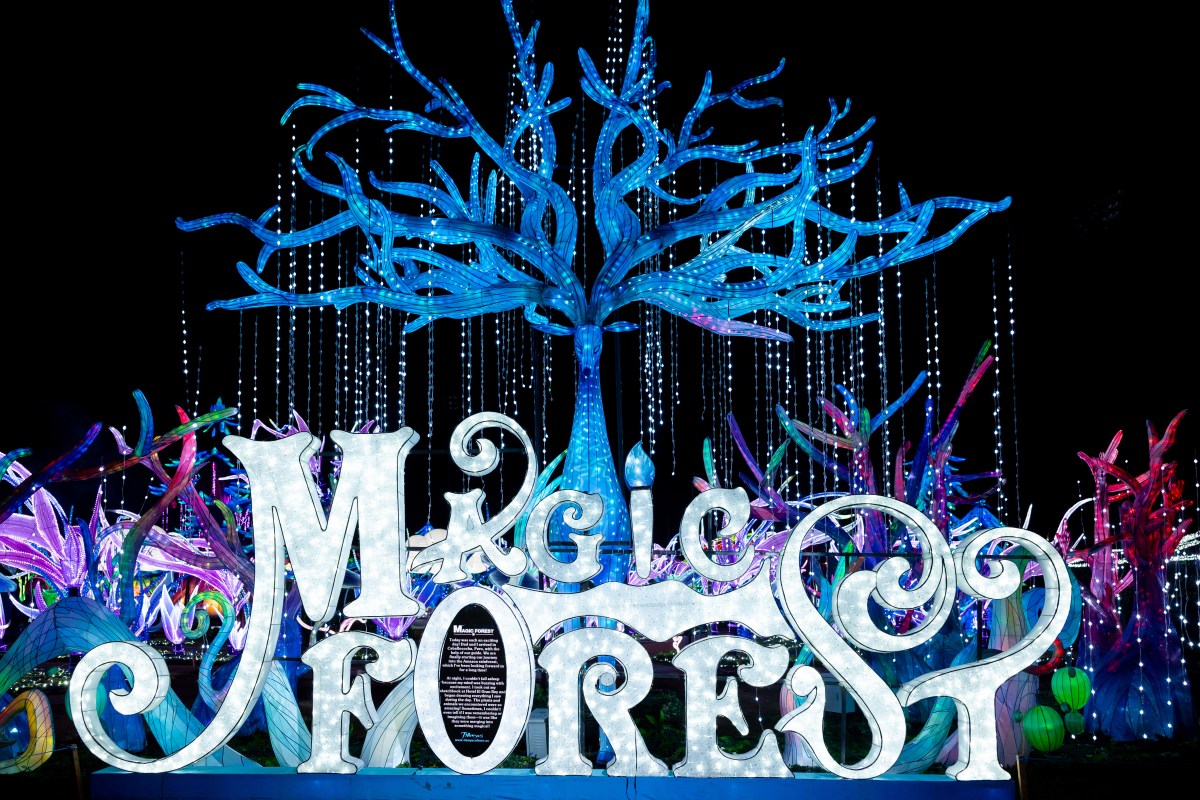
‘King Lear’ runs through July 7at the Cort Theatre, 138 W. 48th St., kinglearonbroadway.com.
How do you follow winning a Tony Award as one of "Three Tall Women"? Play a man. And not just any man, but a king.
Glenda Jackson is back on Broadway in a hit-or-miss take on one of Shakespeare’s greatest and oft-performed characters.
Just one year since breaking a 30-year absence from the Great White Way in a revival of Edward Albee’s “Three Tall Women,” the 82-year-old English actress can be found in a new gender-blind, experimental and long-winded (at 3½ hours) production of Shakespeare’s majestic and apocalyptic royal tragedy “King Lear,” playing the title character.
Jackson is joined by an impressive supporting cast that includes Jayne Houdyshell (who also plays a male character, Gloucester), Ruth Wilson (doubling as Lear’s youngest daughter, Cordelia, and the Fool), Elizabeth Marvel (eldest daughter Goneril), John Douglas Thompson (the unfailingly loyal Kent), Pedro Pascal (the devious Edmund), Matthew Maher (the servant Oswald) and Michael Arden (who speaks on behalf of and signs with Russell Harvard, a deaf actor playing the power-hungry Cornwall).
New York has played host to countless productions of “King Lear” in recent years, with the title role played by the likes of Christopher Plummer, John Lithgow, Frank Langella, Sam Waterston and Antony Sher; 2015 was even nicknamed the “Year of Lear.” It is unquestionably one of Shakespeare’s greatest plays — and one of the most challenging to pull off.
Jackson has played Lear before, in 2016 in a completely different production in London. The Broadway production is directed by Sam Gold (who has staged playful interpretations of “Othello” and “Hamlet” led by major stars to acclaim Off-Broadway).
It features an original score by Philip Glass, which functions like a film soundtrack, evoking tension and unease, and is played by an onstage string quartet A striking visual design suggests abundant wealth, including Rothko-style treated metal panels, ceiling mirrors, ornate cocktail attire and (eventually overturned) tables and chairs.
Jackson’s performance (androgynous, sharp and emphatic) is superb — at first. Beginning with the famous storm sequence, her transition into Lear’s state of madness is underwhelming. She essentially remains the same as before, just a bit sillier and looser. Similarly, the production as a whole loses impact as it goes along, owing to its extended length and the fact that many of its original flourishes begin to lose their luster and feel strained and disjointed.
Even so, there are many compelling characterizations throughout, including Jackson’s ostentatious flair, Houdyshell’s arrogance, Pascal’s sense of humor, Wilson’s bitter edge, Marvel’s pent-up emotionality and Maher’s social awkwardness.
One wonders what other actresses might consider taking a crack at Lear. Here is my personal wish list: Vanessa Redgrave, Judi Dench, Phylicia Rashad, Cherry Jones, Stockard Channing, Janet McTeer, Kathleen Turner, Jessica Lange, Estelle Parsons, Mercedes Ruehl and Fiona Shaw.
Jackson’s performance is superb – at first.
































